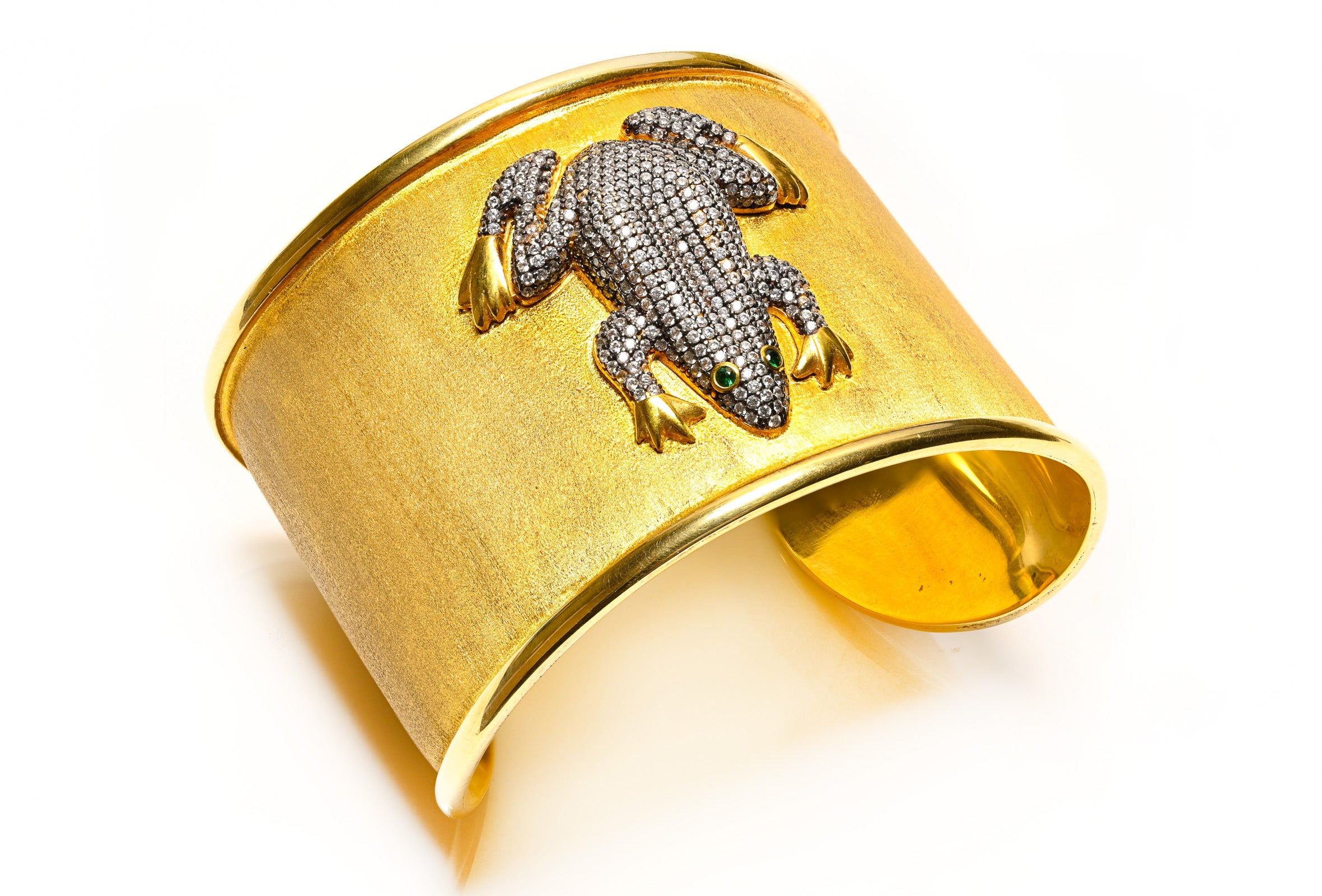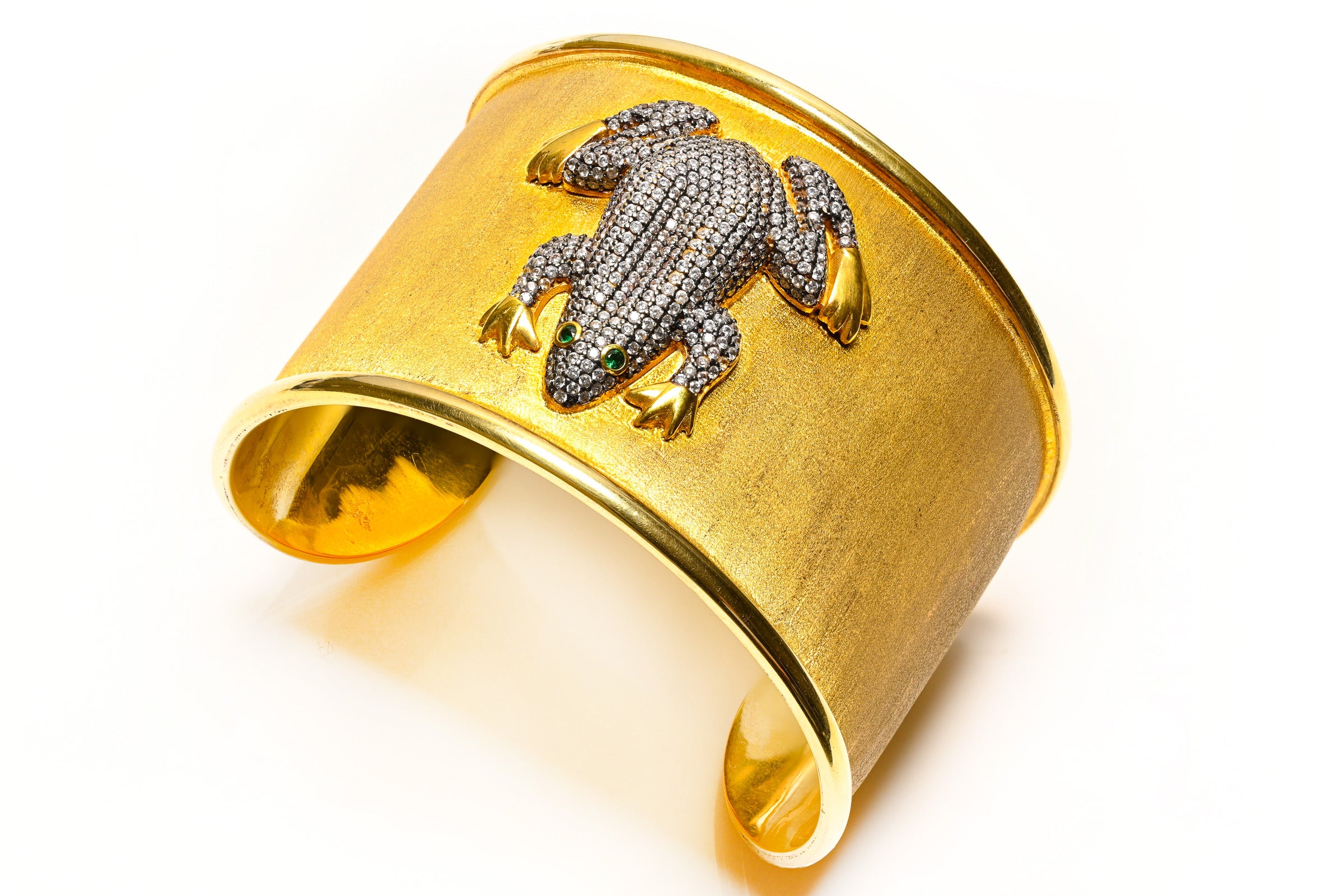
A Story Of Kindness: The Great Polish Leader & The Two Poor Stanford Students
Kindness is an essential aspect of our life and one of the fundamental principles of human morality. There are many stories about acts of kindness in history, today we will talk about one of them.
In 1892, a young student was struggling to pay his tuition at Stanford University. He was an orphan and didn't know where to turn for money, but one day he had an idea. He decided to put on a musical concert with a friend to raise money to pay for his tuition, and they turned to the great pianist Ignacy Jan Paderewski, whose manager asked for a 2,000 dollars guarantee.
The boys agreed and set to work to make the concert a success.
Unfortunately, they failed to sell enough tickets and only raised 1,600 dollars. Disappointed, they went to Paderewski and explained their predicament. They gave him all 1,600 dollars, plus a receipt for another 400 dollars, with a promise to pay off the debt as soon as possible.
Surprisingly, Paderewski returned the money, asked the boys to cover expenses and costs, and then gave him what was left.
What Happened Next Is Amazing
A few years later, Paderewski became Poland's prime minister and a great leader.
Unfortunately, at the beginning of the Second World War, Poland was devastated. With more than 1.5 million people starving, Paderewski asked the US Food and Drug Administration (FDA) for help.
The person in charge of the administration, Herbert Hoover, agreed to help and hundreds of tons of grain were quickly transported to feed the Polish people.
Paderewski was relieved and decided to go and meet Herbert Hoover to thank him personally. When Paderewski expressed his gratitude for his noble gesture, Hoover told him, "You shouldn't thank me, Prime Minister. You may not remember, but a few years ago you helped two young students graduate from college. I was one of them."
Paderewski had made a gesture of kindness, and it mattered a lot. Why would he help two people he didn't even know? We all encounter situations like this and most of us may think, "If I help him, what's in it for me?"
But people with big hearts will say, "If I don't help them, what will happen to them?"
When someone helps without getting something in return, they do it because it feels right. The deeds we do to help others, totally selflessly, in any situation, is an essential aspect of our lives that opens our hearts and brings us happiness and joy.


















